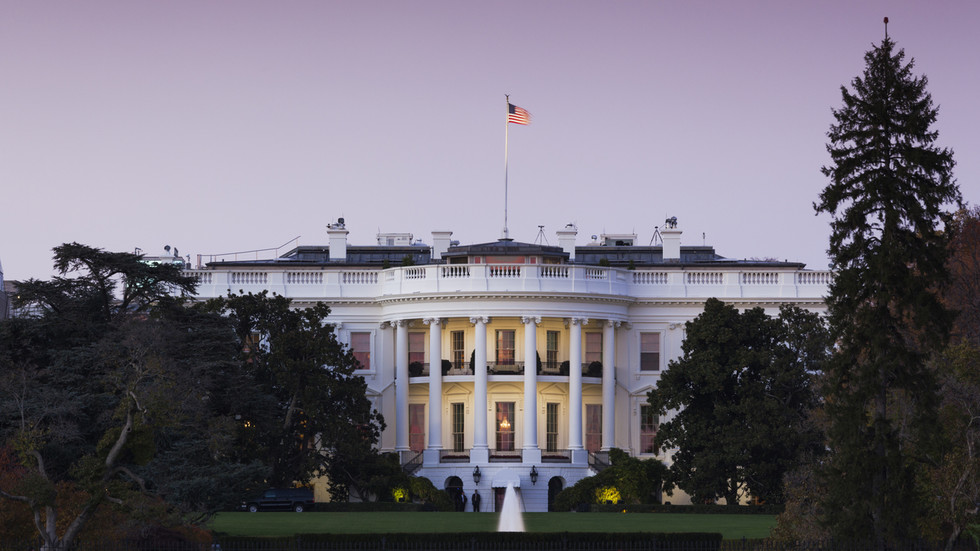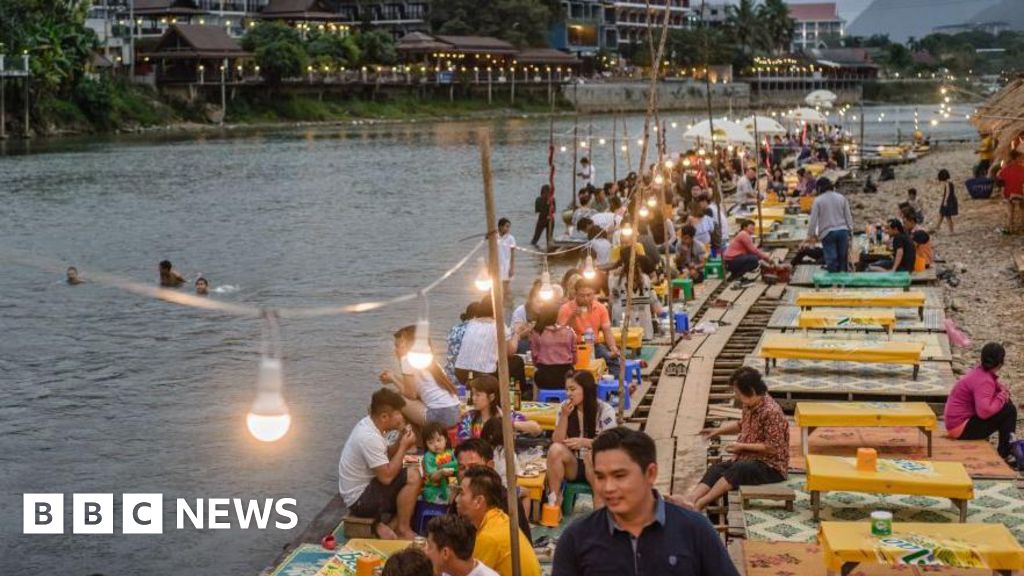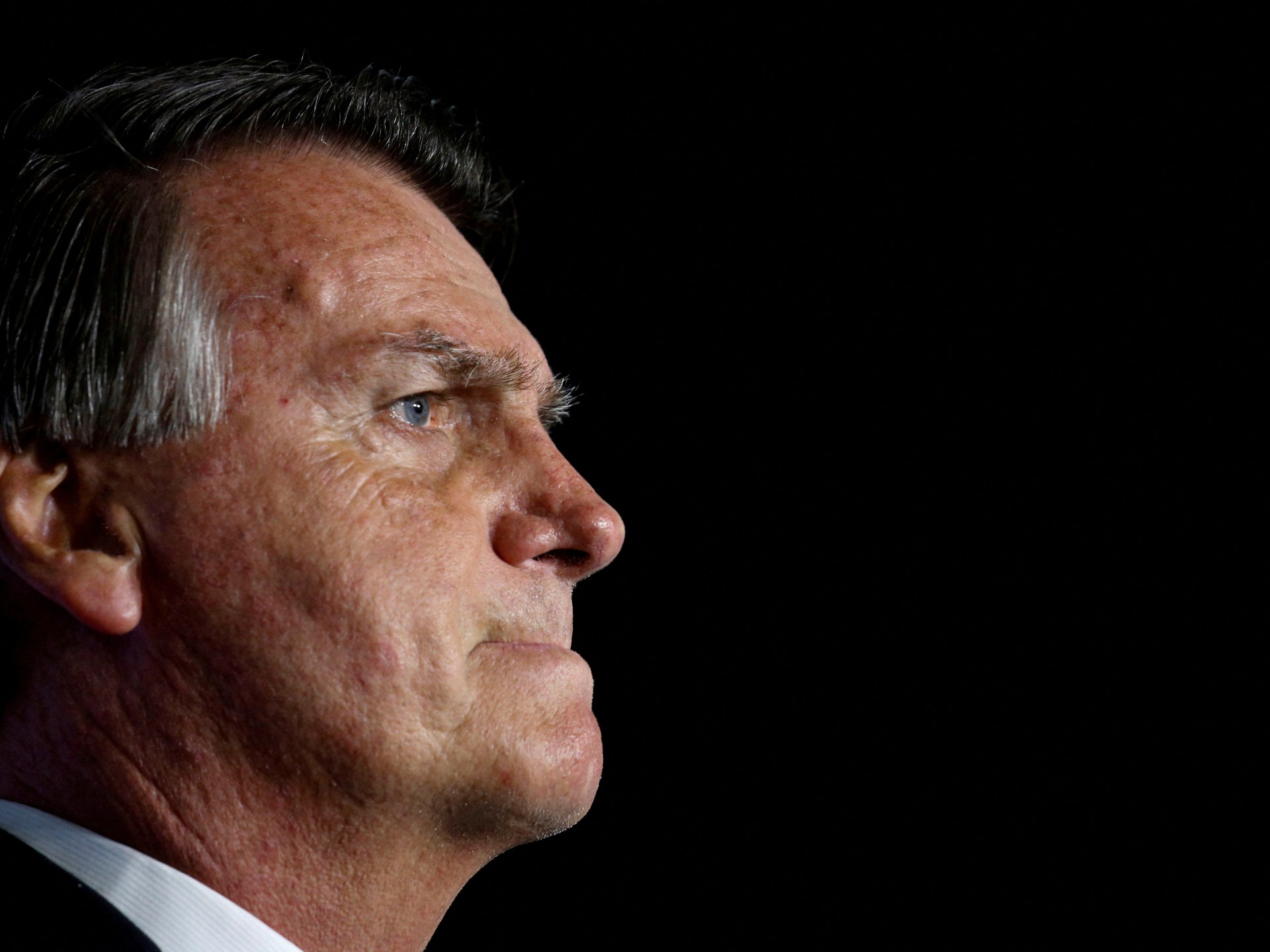DURBAN, South Africa -- The 59-year-old Dumisani Ndlovu has voted in every South Africa national election since he and the rest of the Black majority finally won the right 30 years ago. He has faithfully supported the liberation party-turned-ruling party African National Congress every time.
That ends on Wednesday. In a way, nostalgia is calling. Ndlovu in this week's election is turning his support to the man, Jacob Zuma, whose career spanned from the liberation struggle to the presidency before falling out with his ANC colleagues and reemerging last year with a new political party.
That MK party, named after the ANC's old armed wing, shows how the 82-year-old Zuma is leveraging the past to rally South Africans' support against the ANC, which he himself once claimed would rule until “Jesus comes back.”
Here in the heartland of Zuma supporters, the eastern province of KwaZulu-Natal, cab driver Ndlovu has embraced the unlikely comeback of a political survivor after years of corruption allegations, criminal charges and prison. Even being barred from this election as a candidate for Parliament over a recent conviction hasn't blunted Zuma's influence.
“They think they have finished him, but we are with him all the way. The ANC will pay,” Ndlovu said.
It is a rallying cry that could, for the first time, force the ANC into a coalition to stay in power.
Zuma is the wild card of the election for Africa's most advanced country, six years after resigning South Africa's presidency under a cloud. His MK party was formed just over six months ago and yet is expected to drain significant support from the ANC, which already faced its sternest test.
Zuma's credentials — he was in prison alongside Nelson Mandela for his work in the anti-apartheid movement — resonate especially in his home province of KwaZulu-Natal.
Ndlovu, the cab driver, had backed the ANC since the end of the apartheid system of white minority rule in 1994. Now, one of his grievances against the ANC is what he calls its ill-treatment of Zuma.
“He went to jail during apartheid and then they (the ANC) put him in jail again despite all his sacrifices. What kind of freedom is that?” Ndlovu said.
Zuma was sent to prison in 2021 after refusing to testify at an inquiry looking into alleged corruption in government during the time he was president from 2009-2018. He called that sentence an effort by the ANC to silence him.
Zuma said last week's Constitutional Court decision to disqualify him from standing as a candidate was part of a grudge against him by the ruling party and the courts. He was disqualified over a part of the constitution that doesn't allow anyone to stand for election if they have been sentenced to 12 months or more in prison without the option of a fine.
His new party, however, is fielding other candidates for Parliament and appears likely to win seats.
“I am going to fight for my rights until this country agrees that freedom must be a complete freedom, not for some and oppression for others,” Zuma said.
He now fights under the banner of the MK, which he has fashioned as the vanguard of anti-apartheid struggle ideals such as the distribution of land to Black people.
The party’s symbol is similar to the old ANC military wing’s logo. Its full name is uMkhonto weSizwe, which means Spear of the Nation. The ANC took MK to court over its use of the name, which it claims it owns. MK won. It was another example of the ANC trying to silence him, Zuma said.
Zuma's new party also looks to the future, promising jobs, free education and better healthcare for young people who make up the majority of the country’s population. They have no memory of apartheid, but they have plenty of grievances about the deep inequality that remains.
Zuma claims to be a truer version of the ANC and more dedicated to helping South Africa’s poor Black majority.
His party's branding has been welcomed by supporters for its anti-apartheid nostalgia.
“I have known uMkhonto all my life. It fought for freedom. It is there for us again this time,” Ndlovu said.
How such loyalty — and the ANC's irritation over it — might translate into votes will be seen on Wednesday.
“It might just make people want them (MK) more because the question that arises is, why put so much push against this party? There must be there something, and I think people are intrigued and they might just go out and vote for them,” Sanet Madonsela-Solomon, a lecturer in the department of political sciences at the University of South Africa, told TV station eNCA this week.
At MK's last major campaign rally over the weekend in KwaZulu-Natal, gray-haired men and women in military fatigues joined youthful supporters sporting skinny jeans and manicured nails. Together, they danced to old anti-apartheid struggle songs that evoked the hardships of that period. They praised late ANC icons like Mandela and criticized current ANC leaders.
“uMkhonto is not for the people of KwaZulu-Natal only, it is a calling for South Africa as whole," said one attendee, Siboniso Gwala. “The spear is what will liberate this country. uMkhonto will liberate Black people.”
His 6-year-old son, Nkanyezi, was in tow, singing along and wearing a beret with MK’s symbol — a warrior with a spear and shield.
___
AP Africa news: https://apnews.com/hub/africa

 5 months ago
25
5 months ago
25








